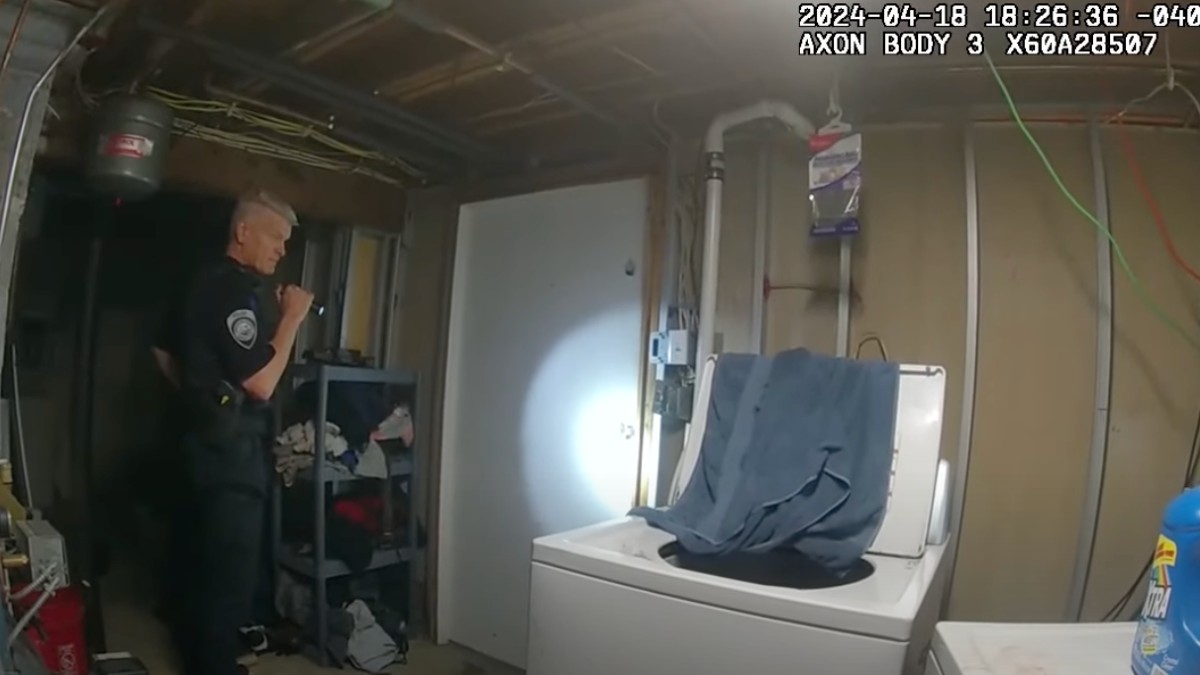The passage of a new housing code by the Hartford City Council marks the first time in 42 years that the code has been updated, and it means a major change to the way landlords do business in the capital city.
“Landlords will now be required to get a license,” said Assistant City Council Majority Leader John Gale.
The city has had trouble tracking those landlords down because many live out of state.
The new code also calls for the city to inspect all residential rental properties every four years. While inspections were part of the original housing code, Gale said the city has had trouble keeping up.
“The city has not had the staffing to allow it to actually inspect those apartments,” he admitted.
Residents may not see immediate relief. The licensing program will be implemented over five years to give the city time to get up to staff. The goal is to get every landlord on the books by 2024.
“What we’ve done is lay the groundwork for a multi-year effort to promote investment in our neighborhoods,” said Mayor Luke Bronin.
Local
Gale estimated the city will have to double if not triple its housing staff in the next five years to handle the licensing and inspections. He said the new licensing fees would pay for those new salaries.
The landlord of a dwellings with three to nine units would pay $60 plus $50 per unit. The cost of a license for a 10-39 unit dwelling is $60 plus $45 per unit. Dwellings with 40 or more unit are $60 plus $40 per apartment unit.
“I do believe that we will have the capacity and it will not impinge on the general budget of the city,” said Gale.
Milagros Ortiz moved out of the Clay Arsenal apartments last January.
“Mice infestation, windows were terrible,” she recalled. “While my son was sleeping that window just fell on top of him.”
She continued to fight for other residents’ rights after she was relocated by HUD.
“To be honest with you there’s a lot of things to be fixed in here, everything starts little by little, baby steps, but the process is starting, so let’s see how it goes,” said Ortiz.
Tasha Jordan said she dealt with mold, mushrooms, rodents, and poor plumbing in her Barbour Garden Apartment. She moved to another HUD apartment complex at the end of summer and is now encouraging others in a similar situation not to stay silent.
“There’s more properties out there that are having problems like we are but those tenants need to start speaking up also now,” said Jordan.
On Wednesday, Ortiz and Jordan joined other residents on the north end of the city to celebrate the passage of a plan they hope will lead to more effective enforcement efforts and hold absentee landlords accountable.
“We united, we organized, and we won,” said community activist Josh Serrano.



